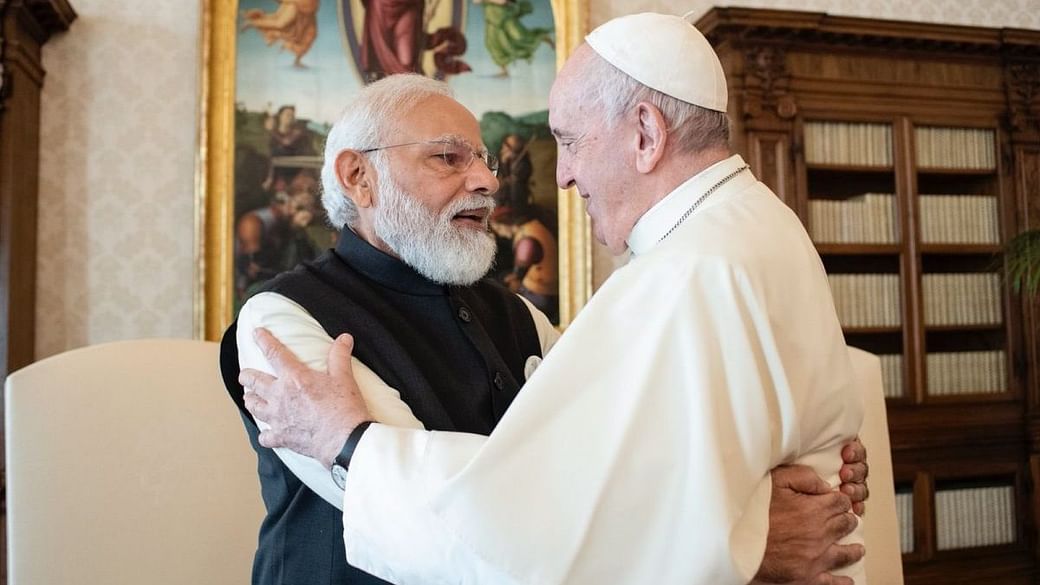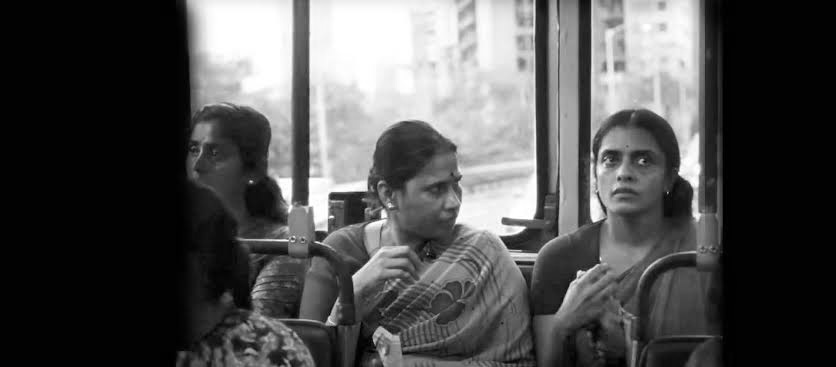First in Eurasia Review, 29 December 2021
“I am terribly afraid of my identity as a minority Christian in my own homeland and the fear is more horrible than anything else,” according to a Delhi-based scholar who felt uneasy about celebrating this year’s Christmas with his friends. He was recollecting reported cases of how Christmas celebrations were being interrupted, statues of Jesus were destroyed and effigies of Santa Claus were blazed in bouts of violence against the Christian community in several states in India. This was obviously not a sudden spurt of attacks on them, but it has been brewing for sometime, and the Christian minority—who make up about 2.3 per cent of the population—were targeted by the right-wing outfits across the country amid growing intolerance.
Plausibly, attacks against minorities have been on the increase in India and there are reports about the destruction of churches, attacks on priests, and the unlawful incarceration of church workers etc. The death in custody of the 84-year-old Jesuit priest and tribal rights activist Stan Swamy is a case in point. The UN Human Rights Office of the Commissioner reported that this custodial death “will forever remain a stain on India’s human rights record” because Stan Swamy had “dedicated much of his life to defending the rights of indigenous peoples and the Adivasi minority…” The UN human rights expert said, “There is no excuse, ever, for a human rights defender to be smeared as a terrorist, and no reason they should ever die the way Father Swamy died, accused and detained, and denied his rights.”
In the recent past, Christians came under attacks in several states such as Karnataka Chhattisgarh, Uttarakhand, Odisha, Gujarat, Madhya Pradesh, Uttar Pradesh, Haryana, and Delhi. Karnataka witnessed new bounds of violence in the background of the passing of the ‘Protection of Freedom of Religion Bill, 2021’ on 23 December 2021, a day before Christmas. The bill, commonly referred to as the anti-conversion Bill, was passed in the Assembly amid opposition protests. The proposed law seeks to prohibit conversion from one religion to another by misrepresentation, force, fraud, allurement or marriage. Even before tabling the bill, right-wing groups attacked members of the Christian community and set their religious books on fire. The incident at Srinivasapura in Kolar district was widely reported.
According to reports brought together by the People’s Union for Civil Liberties (PUCL), Karnataka witnessed as many as 39 incidents of attacks on Christian community members this year till November. The Archbishop of Bengaluru, Peter Machado, expressed concerns that the government’s attitude in a way helped “increase in attacks” on the Christian community. He said: “Certain behaviour or certain utterances from the government, certain attitude from the government is the reason that this (attacks) is allowed and tolerated. This can go on and is sad for us.” The Bishop further said that similar cases were reported from interior places where “there were fewer members of the community and small churches. But to happen in Hubballi, Dharwad, Bengaluru means people are taking the law into their hands.” The PUCL alleged that even “police department and some politicians colluded with right-wing organisations in carrying out these attacks.” The civil liberties body also said, “Due to the aggressive incitement of hatred against Christians across the state, several people from the community have lost employment and face economic crises. In schools, teachers have threatened to expel students who are Christians. Christian tenants have lost their residence. Even small businesses have refused customers solely because they are Christians.”
A recent New York Times report says, “Anti-Christian vigilantes are sweeping through villages, storming churches, burning Christian literature, attacking schools and assaulting worshipers. In many cases, the police and members of India’s governing party are helping them, government documents and dozens of interviews revealed. In church after church, the very act of worship has become dangerous despite constitutional protections for freedom of religion.” The report also noted that many “Christians have become so frightened that they try to pass as Hindu to protect themselves.”
According to the United States Commission on International Religious Freedom (USCIRF), an independent U.S. federal government commission that reports on religious freedom, “violence against Christians also increased: With at least 328 violent incidents, often under accusations of forced conversions. These attacks frequently targeted prayer services and led to the widespread shuttering or destruction of churches.” The 2020 Report says that “Empowered by anti-conversion laws and often with the police’s complicity, Hindutva groups also conduct campaigns of harassment, social exclusion, and violence against Christians, Muslims, and other religious minorities across the country. Following attacks by Hindutva groups against religious minorities for conversion activities, the police often arrest the religious minorities who have been attacked.” The Commission even recommended that India should be included in the category as “a ‘country of particular concern,’ (CPC), for engaging in and tolerating systematic, ongoing, and egregious religious freedom violations, as defined by the International Religious Freedom Act (IRFA).”
Added to the latest list of woes is the Union Government’s refusal to renew the license of Mother Teresa’s Missionary of Charity (MoC) under the Foreign Contributions Regulation (FCRA) Act. Criticising BJP’s action, Rajya Sabha MP, P Chidambaram underlined that the Centre’s action “reveals bias and prejudice against Christian charity work.” In the wake of the controversy, Father Dominic Gomes, the Vicar General of the Archdiocese of Calcutta ridiculed the Modi Government, saying that the move is a “cruel Christmas gift to the poorest of the poor.” According to Gomes, “Missionaries of Charity Sisters and Brothers are often the only friends of lepers and social outcasts no one will even venture near… this latest attack on the Christian community and their social outreach is, even more, a dastardly attack on the poorest of India’s poor.”
According to Paul Robinson, CEO of Release International, which supports persecuted Christians across the world, “This rising tide of intolerance has increased since the election of the nationalist BJP in 2014. It has resulted in attacks against religious minorities and the passing of anti-conversion laws in many states. These laws are targeted at both Muslims and Christians.”
A young priest in Kerala told this author that when Pope Francis accepted an invitation from Prime Minister Narendra Modi (during the latter’s meeting at the Papal Palace in the Vatican on 30 October this year) to visit India, they had heaved a sigh of relief. It was a long-awaited visit of the Pontiff to the land of 28 million Christians—the second largest Christian community in Asia. When the Pope gifted the Indian Prime Minister with a bronze plaque with an inscription, The desert will become a garden, it resonated an engaging warmth and sanguinity. The priest, who requested anonymity for fear of reprisal for airing his views, said that the much-vaunted adage “absolute power corrupts absolutely” has come to acquire a new meaning in a communal cauldron of repressed anger.
What is more intriguing is a near silence on the part of Muslim leaders when the ‘people of the book’ come under attacks in their own neighbourhood. Has it got something to do with the ‘waning of the warmth’ that started surfacing with the rising incidents of inter-religious conflicts and the Muslim-Christian perceptions of threat across the world?
Admittedly, a host of issues emerging from regional and international locales (such as Easter bombings in Sri Lanka two years back, and the terror reprisals in Europe and Asia-Pacific region) would have contributed to a scenario of cautious responses. Religious feelings are so sensitive lately that each religion—and each denomination within each religion—has multilevel issues that transcend ‘spiritual’ boundaries. India, being a multicultural, multireligious society, has a constitutional system that provides a social space for mitigating conflicts between communities, but it has, of late, come under challenge with communalism making a dent in the secular fabric of the nation. Consequently, minorities and other subaltern sections of the population have become convenient targets of attacks.




